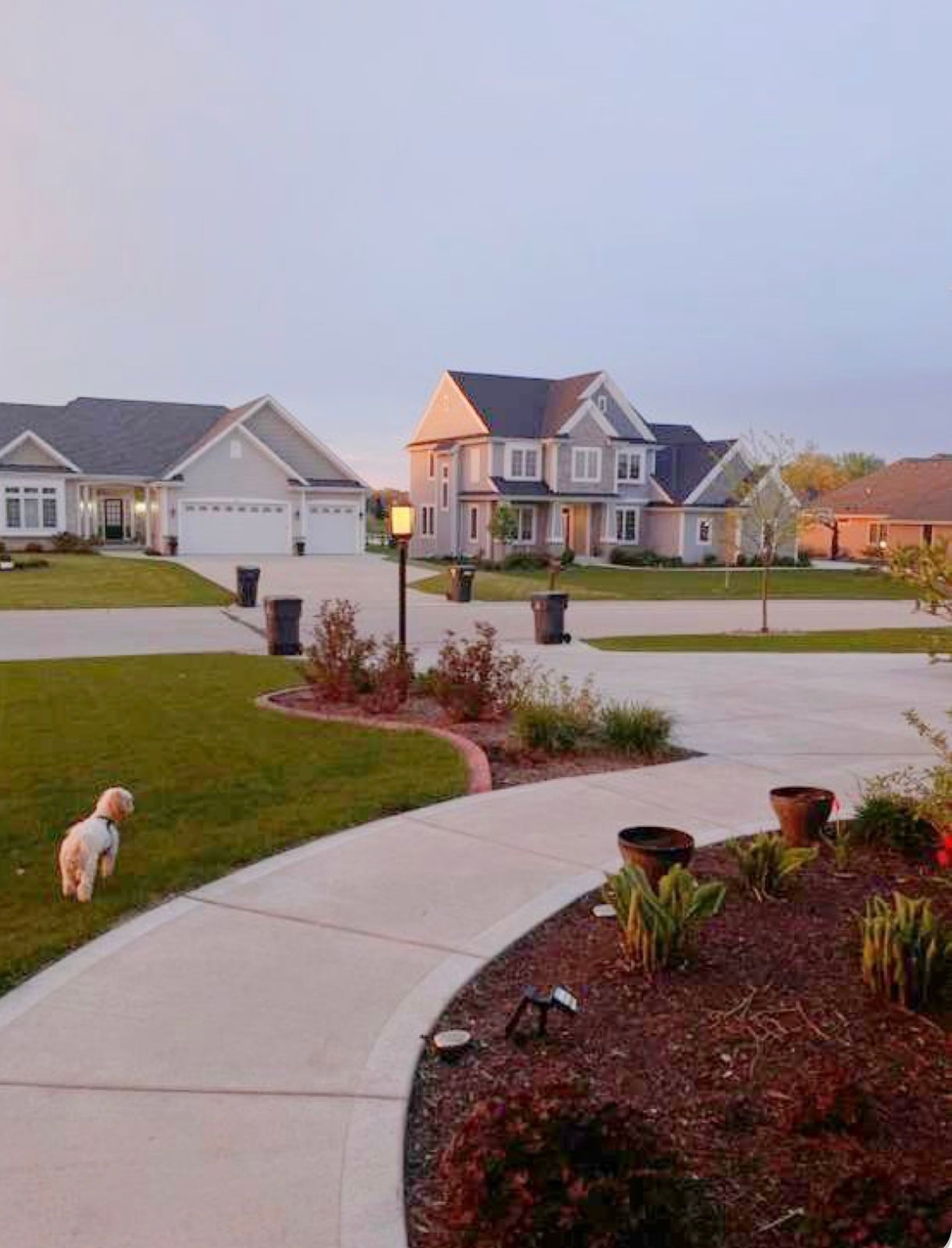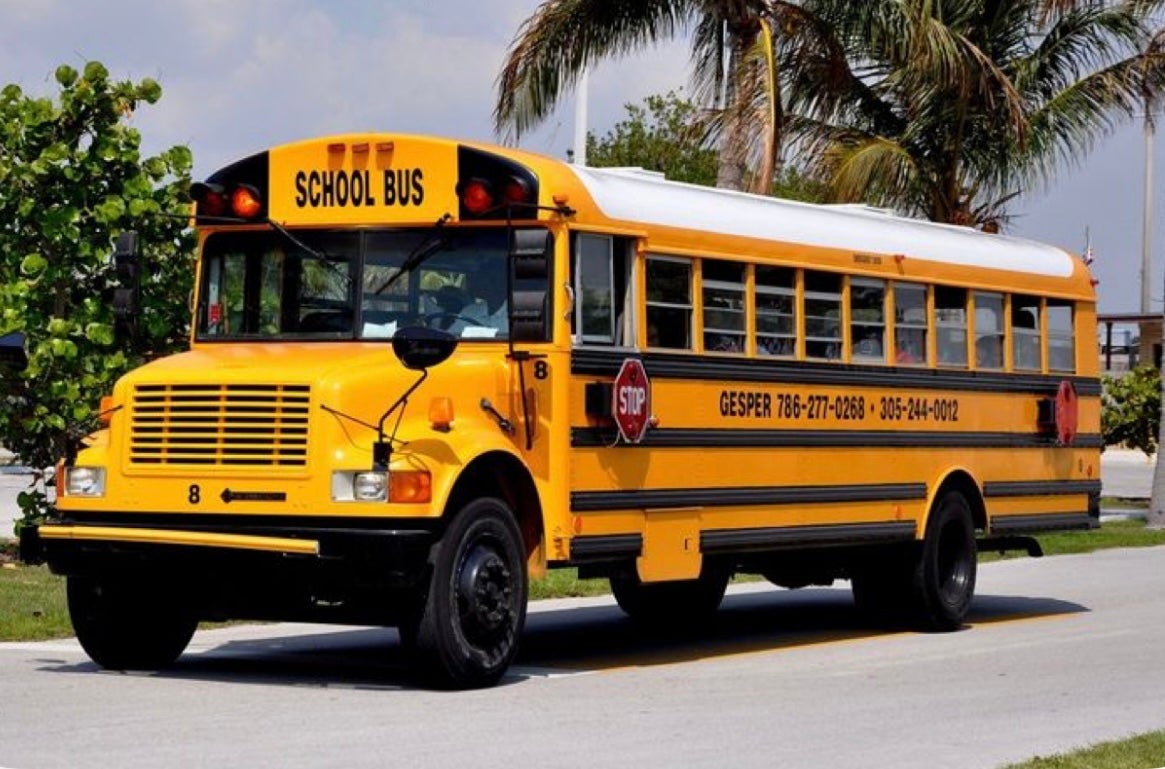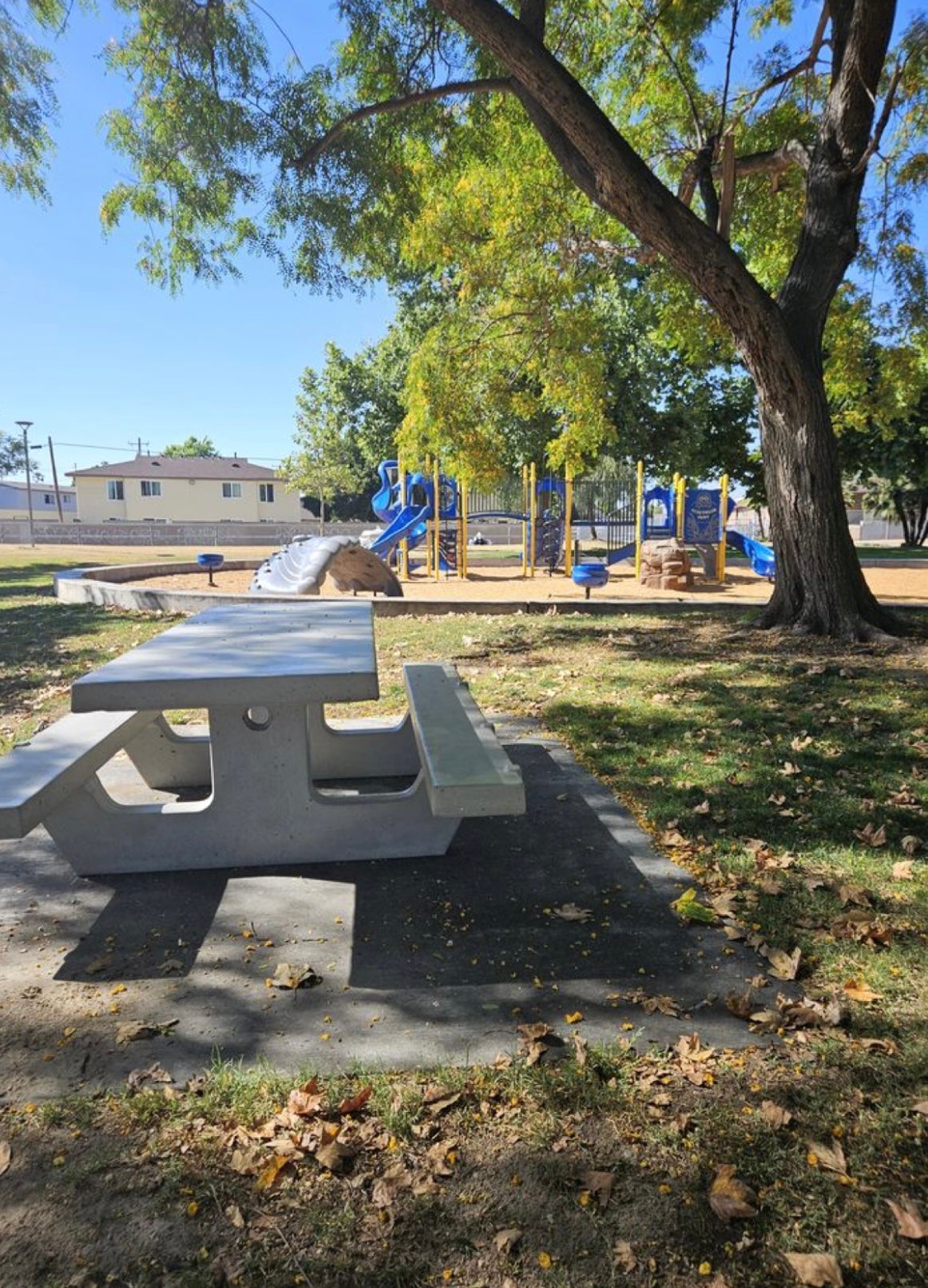
When searching for your dream home, it’s easy to get caught up in the number of bedrooms, the kitchen finishes, or the size of the backyard. But here’s a powerful real estate truth that many buyers overlook: the neighborhood you choose can be just as important—if not more important—than the home itself.
Whether you’re buying your first home, upgrading for more space, or investing in real estate, your neighborhood will impact your lifestyle, your property value, and your future resale potential. Let’s break down exactly why your neighborhood choice matters so much.
1. Location Impacts Long-Term Value
One of the most significant influences on a home’s long-term value is its location. A great home in a declining area will likely lose value, while a modest home in a thriving neighborhood will usually increase in value over time. Look for neighborhoods with strong school districts, growing employment opportunities, and upcoming infrastructure projects. These are indicators of future value.
SEO tip: These are often called “emerging neighborhoods” or “up-and-coming communities” in real estate searches.
2. Lifestyle Fit and Daily Convenience
Think about your daily routine. Do you want to walk your kids to school? Grab a coffee around the corner? Have a short commute to work? Your neighborhood dictates how easy—or difficult—your daily life will be.
Evaluate local amenities such as:
These conveniences can greatly enhance your quality of life and even reduce your monthly expenses.
Whether you’re buying your first home, upgrading for more space, or investing in real estate, your neighborhood will impact your lifestyle, your property value, and your future resale potential. Let’s break down exactly why your neighborhood choice matters so much.
1. Location Impacts Long-Term Value
One of the most significant influences on a home’s long-term value is its location. A great home in a declining area will likely lose value, while a modest home in a thriving neighborhood will usually increase in value over time. Look for neighborhoods with strong school districts, growing employment opportunities, and upcoming infrastructure projects. These are indicators of future value.
SEO tip: These are often called “emerging neighborhoods” or “up-and-coming communities” in real estate searches.
2. Lifestyle Fit and Daily Convenience
Think about your daily routine. Do you want to walk your kids to school? Grab a coffee around the corner? Have a short commute to work? Your neighborhood dictates how easy—or difficult—your daily life will be.
Evaluate local amenities such as:
- Grocery stores
- Parks and green spaces
- Gyms and fitness studios
- Restaurants and cafes
- Public transit access
These conveniences can greatly enhance your quality of life and even reduce your monthly expenses.

3. School Districts Matter (Even If You Don’t Have Kids)
Homes in highly-rated school districts consistently hold their value better than those in poorly rated ones—even for buyers without children. This is because school quality is one of the most common criteria buyers consider, which increases future demand for homes in those areas.
If you’re unsure, check school rankings on sites like GreatSchools.org or consult with your real estate agent for local insights.
4. Community Vibe and Safety
Every neighborhood has a unique character. Some are quiet and residential, others are lively and walkable. Some have a strong sense of community with events, markets, and block parties, while others offer more privacy.
Visit the neighborhood at different times of day to get a feel for the atmosphere. Check crime statistics and talk to local residents if possible. Feeling safe and welcome is something you can’t put a price on—but it makes a huge difference.
5. Future Growth and Development
A neighborhood that’s about to boom can be a goldmine for homeowners. Watch for signs of growth:
Buying into a neighborhood early can be a smart investment strategy, allowing you to build equity quickly as the area improves.
Homes in highly-rated school districts consistently hold their value better than those in poorly rated ones—even for buyers without children. This is because school quality is one of the most common criteria buyers consider, which increases future demand for homes in those areas.
If you’re unsure, check school rankings on sites like GreatSchools.org or consult with your real estate agent for local insights.
4. Community Vibe and Safety
Every neighborhood has a unique character. Some are quiet and residential, others are lively and walkable. Some have a strong sense of community with events, markets, and block parties, while others offer more privacy.
Visit the neighborhood at different times of day to get a feel for the atmosphere. Check crime statistics and talk to local residents if possible. Feeling safe and welcome is something you can’t put a price on—but it makes a huge difference.
5. Future Growth and Development
A neighborhood that’s about to boom can be a goldmine for homeowners. Watch for signs of growth:
- New commercial buildings or restaurants
- Infrastructure improvements (like new roads or transit lines)
- City investment in parks or public spaces
- Rising home prices nearby
Buying into a neighborhood early can be a smart investment strategy, allowing you to build equity quickly as the area improves.

Final Thoughts: Don’t Just Fall in Love With the House—Fall in Love With the Neighborhood
Your home’s features matter, but the surrounding neighborhood determines how you’ll live, grow, and feel day-to-day. It’s where your kids might grow up, where you’ll walk your dog, where you’ll celebrate milestones—and eventually, where someone else will decide to buy from you.
When you choose the right neighborhood, you’re not just buying a property. You’re investing in your future.
Your home’s features matter, but the surrounding neighborhood determines how you’ll live, grow, and feel day-to-day. It’s where your kids might grow up, where you’ll walk your dog, where you’ll celebrate milestones—and eventually, where someone else will decide to buy from you.
When you choose the right neighborhood, you’re not just buying a property. You’re investing in your future.